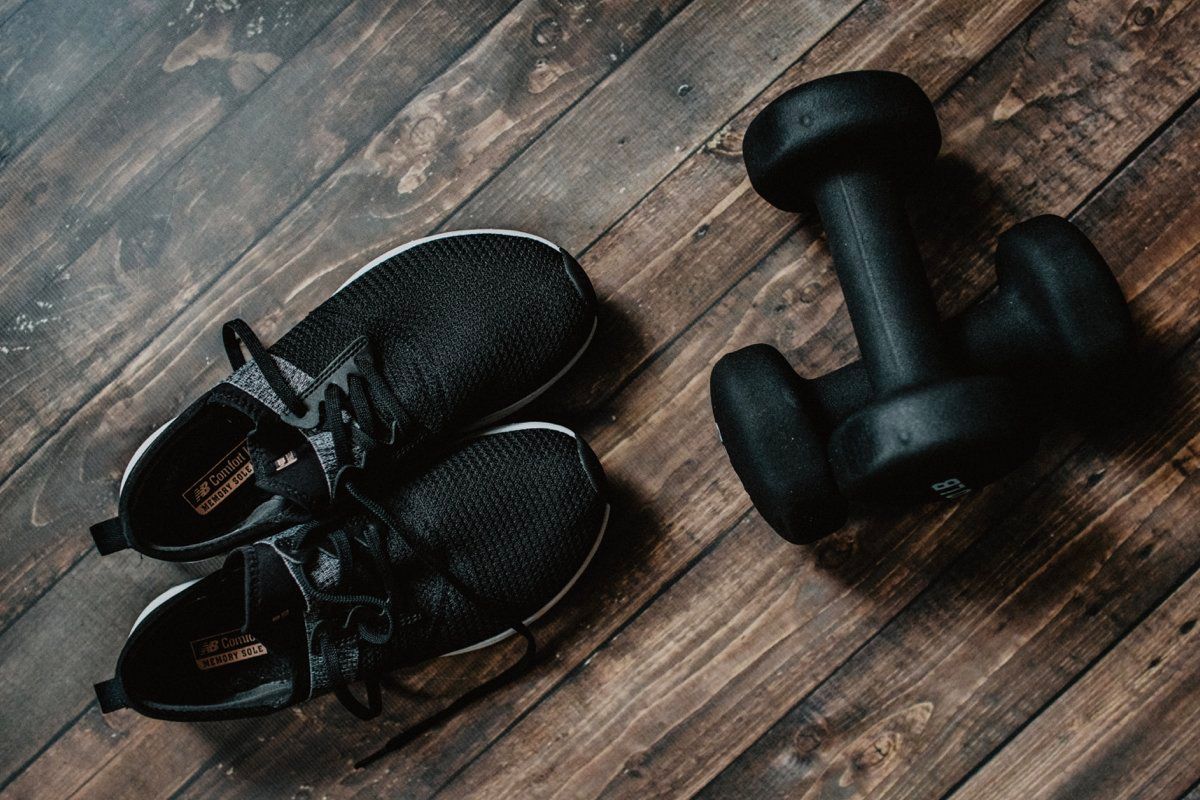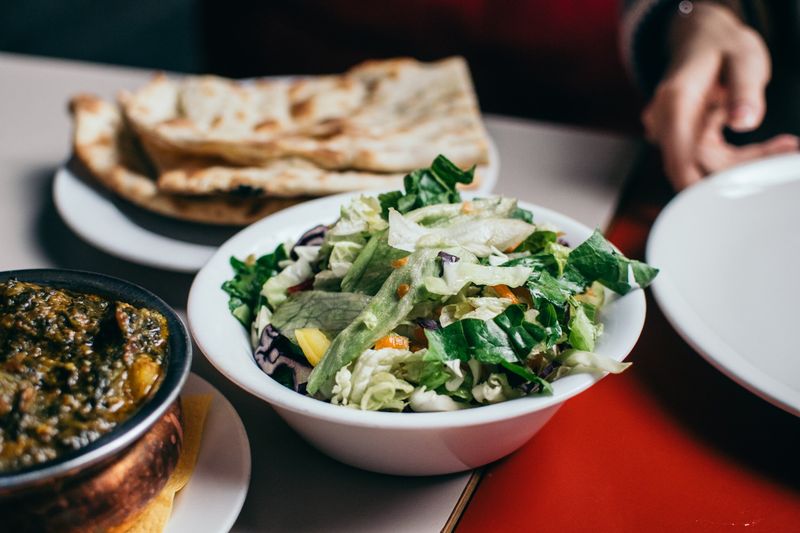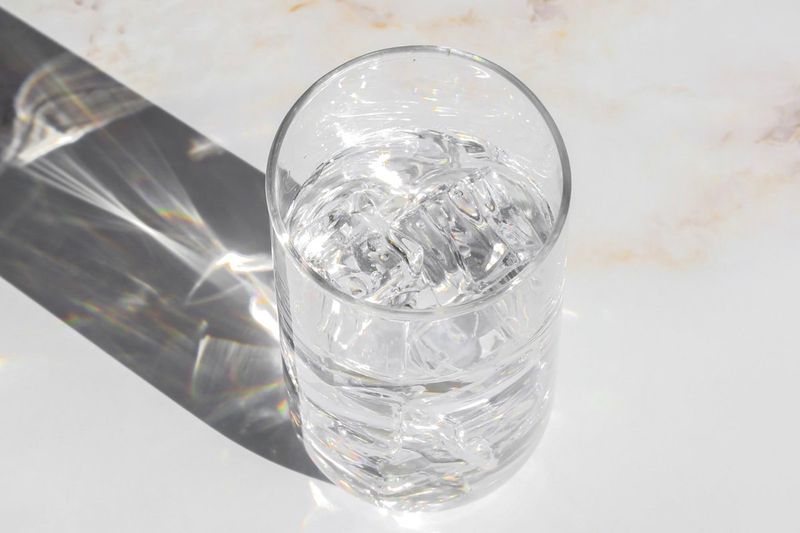
When I (personal trainer Adam Willis) was 18 I went in and did a handful of machines and dumbbell exercises for “some reps” and “some sets” each session with no reason behind what I was doing, other than I didn’t want to be a tall, skinny teenager anymore.
Like most beginners, I saw some results quickly, even though it was purely down to being a beginner and some dumb luck [more on why this happens below] rather than actual intelligent training.
Over time I began to read more fitness magazines like Men’s Health and Muscle and Fitness, which I then tried to replicate workouts from in my training, trying to follow the Chest workout that Mr Olympia does, in the hope I too could grow muscles like him.
By the time I was 20, I was training 7 days a week in the gym, believing that more training was going to yield more results, oh, and I was also playing or training basketball 5 to 6 days a week as well. A rest day was unheard of, and never even a thought to me.
Sleep wasn’t bad, but I certainly wasn’t focused on it.
Nutrition consisted of me eating whatever I could to gain weight as I was a skinny kid, the only thought I put into it was my daily “weight gain” shake that contained 2 scoops of the weight gain powder, a pint of milk and additional scoops of vanilla ice-cream to bump the total calories up more.
Even with all the above, as cringe-worthy as it is to admit, I still made progress.
I got stronger.
I added muscle.
I ran faster and jumped higher in Basketball.
But knowing what I know now, I could have made so much more progress. With just a handful of tweaks or focuses I could have truly maximised my first 2 years of lifting.
Here are 5 things I wish I’d known when I first started training.
No.1: Lifting is a skill
Many people, myself included when I first started lifting, don’t treat, or even think of, lifting as a skill. Whether it’s a squat, deadlift, lunge, or even a bicep curl, they’re all a skill and each one needs to be learned, practised, and refined to maximise results. Sure, each one has a varying degree of complexity, but all need to be given the same process so that the required skill acquisition can be achieved.
Like with all skills, first, learn how to do the skill correctly from someone who knows how to do it, and ideally how to teach it as well.
Secondly, practice that skill often. This is going to mean putting in lots of reps and always working on your technique because “perfect practice, makes perfect”.
Thirdly, always be refining the skill. It can be very easy to get complacent with your technique, especially once you’ve learned a skill and no longer see yourself as a beginner. Even if you’re an advanced lifer, or have been lifting for decades, you should always be refining your lifting skill every time you’re in the gym. From your warm-up sets to your working sets, every rep should be an assessment to see where your skill is currently at, and if it needs refining or fine-tuning so that you can maximise your results.
No.2: Train with less exercise variety and more movement frequency
This point kind of follows on from the one above because to learn a skill well we need to expose ourselves to it frequently, and without trying to do too many other things at the same time.
Imagine trying to learn to play the guitar and taking the approach of practising the guitar on Monday, but then on Tuesday, you practice the piano, Wednesday the flute, Thursday the xylophone, Friday the trumpet, Saturday the drums and Sunday the trombone.
How well do you think you’ll progress with the guitar if you take this approach?
Not very well most likely
Training exercises are no different.
So that you get better at certain key lifts, like squats, deadlifts, push-ups etc, and see more progress with them you need to practice them, or movements very similar to them, frequently each week when they’re new to you.
This will require having less variety with your exercises across the training week so that you can truly perfect those key movement patterns.
No.3: Focus on your sleep, rest, recovery, nutrition, and hydration
Training is one of those things in life where a “more is better” approach usually doesn’t work out if your focus is on more exercises per session or more training days per week.
However, “more is better” when it comes to your sleep, rest, recovery, nutrition, and hydration. More focus on these areas, alongside consistent effort with a solid training programme, will usually end up in you seeing greater training results than if you tried to train more each week but had sub-par sleep, rest, recovery, nutrition, and hydration.
No.4: Having a programme/structure, even a basic one, will help you maximise your progress
Sometimes I feel like a broken record when it comes to this, but if you seriously want to see training results, and maximise your progress, you absolutely must have some form of training programme and/or training structure.
Random training, and mixing things up, session to session and week to week will result in you leaving your progress and overall results somewhat up to chance.
When you’re a beginner, having even the most basic programme and structure will likely result in you furthering your progress compared to if you didn’t.
No.5: “Newbie Gains” is a real thing
When you first start training there is this amazing phenomenon called newbie gains.
You see, as a beginner your body is pretty much going to respond to any training stimulus you give it because everything is new. This means, that you will usually see a fast increase in lean muscle and strength during the first 6-12 months of training.
Due to newbie gains, you’ll likely see the greatest progress jumps you’ll ever experience in your training “journey” during that time. After that period, your rate of progress will slow down so truly milking that phase for all it is worth will help set your training “journey” off on the right foot.
Now, the reality is that an absolute beginner can pretty much do anything when it comes to resistance training in those first 6-12 months and see results. I know I did, and my body grew quickly, however, if I had known about, and focused on, points 1-4 as well I could have fast-tracked my results and progressed far greater during that newbie gains window.
If you’re a beginner embarking on your fitness journey, I hope the lessons I’ve learned will help you maximise your first 1-2 initial years of training and perhaps avoid some of the mistakes I made so that you can truly get your fitness journey started off on the right foot and set yourself up for a lifetime of training success.



